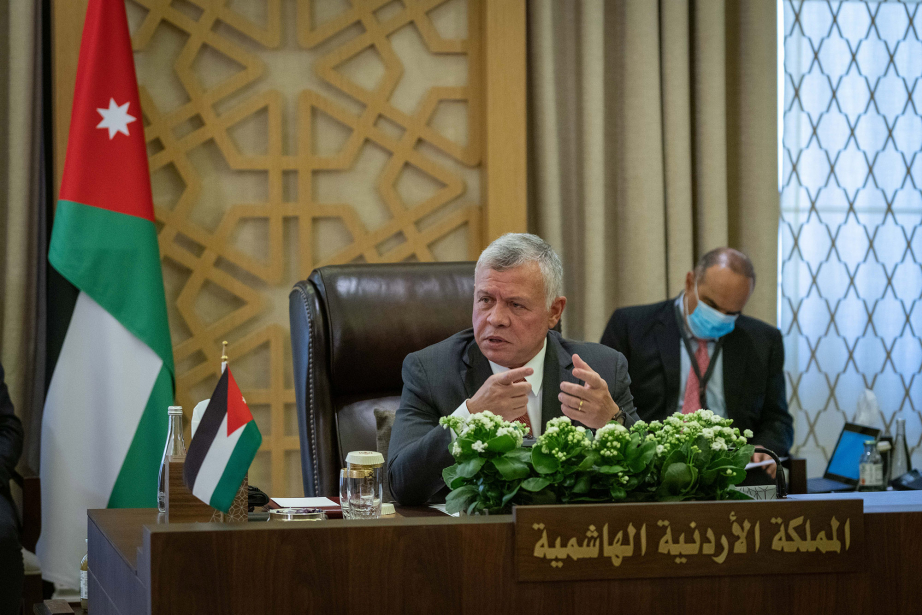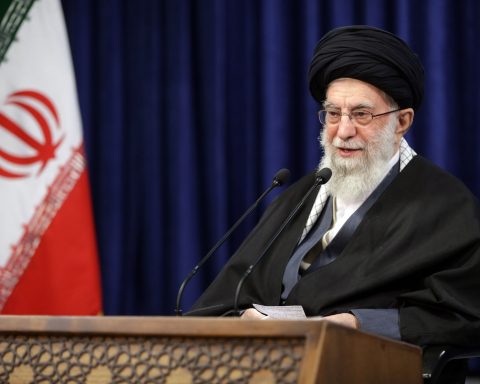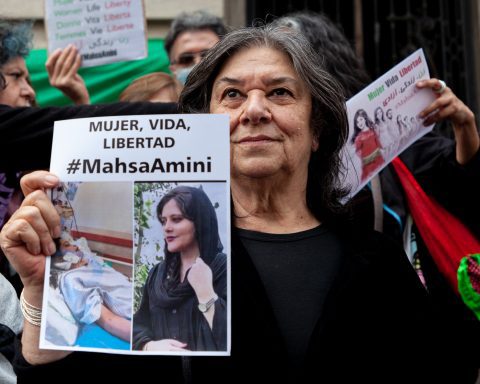On Monday, Jordan’s King Abdullah II ended the current session of parliament, with experts saying the decision was not linked to recent clashes sparked by an MP. A royal decree was issued, proroguing the non-ordinary session as of Thursday, June 10.
Clashes took place at the weekend between supporters of MP Osama Al-Ajarmeh and police in Amman’s Naour suburb. Al-Ajarmeh was expelled from the lower house on Sunday after he was accused of igniting the riots.
Four police officers were wounded in the clashes. Naour, a stronghold of the Ajarmeh tribe, was quiet on Monday, with no violence reported.
On Sunday, the lower chamber held a brief emergency session, during which a majority of MPs decided to expel Al-Ajarmeh. In a series of recent recordings, the MP insulted King Abdullah II, state institutions, and threatened to form a “radical Jordanian right-wing” comprising tribes and ex-army leaders to “purify Amman of the liberal elite,” whom he blamed for the country’s problems.
Out of the 130 members of the lower chamber, 108 MP’s voted in favor of expelling Al-Ajarmeh.
Parliamentary experts said the royal decree to prorogue the 19th parliament was merely a procedural constitutional requirement that coincided with the upheaval.
“Under the constitution, the parliament’s session should not last for more than six months,” Majed Al-Amir, a parliamentary journalist, said. However, he added that the legislature began the non-ordinary session on Dec.10, so the six-month deadline fell on June 10.
The remarks were echoed by political commentator Khaled Qudah, who described the King’s decision to prorogue parliament as a “routine procedure and a constitutional requirement.”














